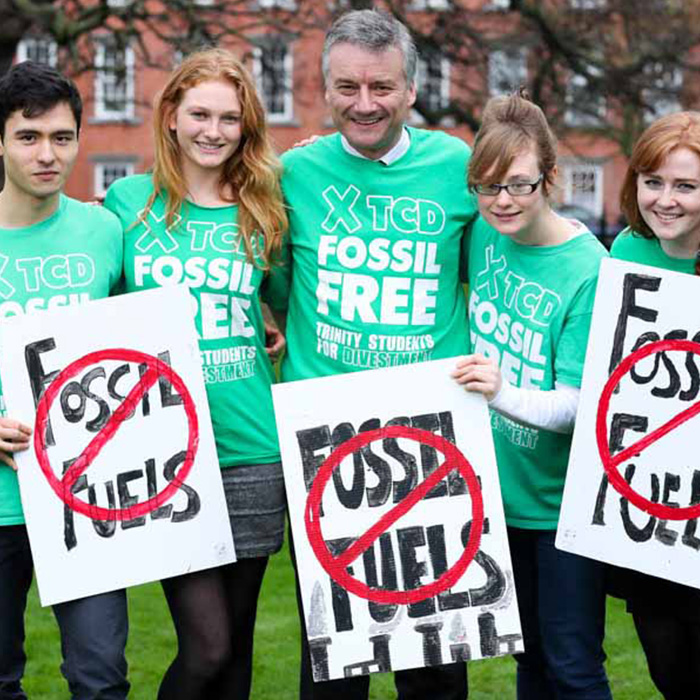We will shape our organisation and focus research around the challenge of achieving a sustainable and healthy planet.Goal 5
As a university community, we are deeply committed to furthering the cause of a just, pluralistic, inclusive and sustainable society. Our ranking at number 28 in the world in the THE Impact Rankings 2019 testifies to our successes in this regard. We bring together a powerful concentration of specialist abilities and we take seriously the very real societal responsibilities this brings. Engagement with society is a defining hallmark of our identity, and research that tackles the great challenges of our time is at the heart of our research mission. Equally, the graduate attributes which inform our approach to teaching at all levels prepare our students to lead their lives as responsible global citizens. Bringing these different perspectives together, we commit ourselves to finding ways in which as many members of the university as possible can contribute to furthering the UN Sustainable Development Goals. This will involve identifying, and bringing together, research being carried out across the university that touches on questions of sustainability and healthy living. The UN SDGs include not only climate action and addressing poverty and hunger, but also relate to education, gender equality, peace and justice, and sustainable cities. In our schools, research institutes and research themes, we will bring together and highlight teaching, research and scholarship that maps on to the seventeen UN SDGs. Strategic initiatives such as the proposed E3 research institute in Engineering, Environment and Emerging Technologies at our new Trinity @ Grand Canal Quay campus, or the development of programmes to be housed in the Martin Naughton E3 Learning Foundry, will help to equip new generations to tackle the grand challenge of sustainability. Likewise, our pivotal role in the Global Brain Health Institute places us at the forefront of research on healthy ageing. Beyond such specific projects, however, we will align ourselves with the UN SDGs in the ways in which we conduct our lives as members of the College community.

- Commit to strong ethical leadership in all we do, from research to staff development and throughout the activities of our entire university community. [DR; RG]



 5.1
5.1 - Create a UN Sustainable Development Goal Hub using our research data to monitor research in all fields linked to the UN SDGs. [LRES; SST]


 5.2
5.2 - By July 2021, have set targets for the significant reduction of our carbon footprint. [DR; RG]

 5.3
5.3 - Provide leadership in sustainability through improvements in energy use, reduction in waste including single use plastics, promoting areas such as sustainable transport and biodiversity, and ensuring all new buildings are based on sustainability principles. [SST]

 5.4
5.4 - Support and conduct civically-engaged research thereby increasing the number of research outputs connected to UN SDGs by 20% by 2025. [LRES; SST]

 5.5
5.5 - Promote civically-engaged research across the university and host public engagement events relating to the UN SDGs in our schools and research institutes, highlighting to the wider public and policy makers the impact of our work. [LRES]


 5.6
5.6 - Introduce new funded Ph.D. scholarships in line with UN SDGs. [LRES, PC]



 5.7
5.7 - Build the teaching programmes and research projects of the CHARM-EU alliance around the grand challenge of “Reconciling Humanity with the Planet”. [LRES; GRS3]



 5.8
5.8 - Achieve an Athena SWAN Silver award by 2025. [AS]

 5.9
5.9 - Integrate the SAGE Charter for gender equality into our policies and practices by 2021. [AS]

 5.10
5.10 - Contribute, as part of the Global Brain Health Institute, to the goal of having 125 Atlantic Fellows for Equity in Brain Health working globally by 2022 to create a zealous, creative community of leaders combining to reduce inequities in the field of brain health. [GBHI]

 5.11
5.11

